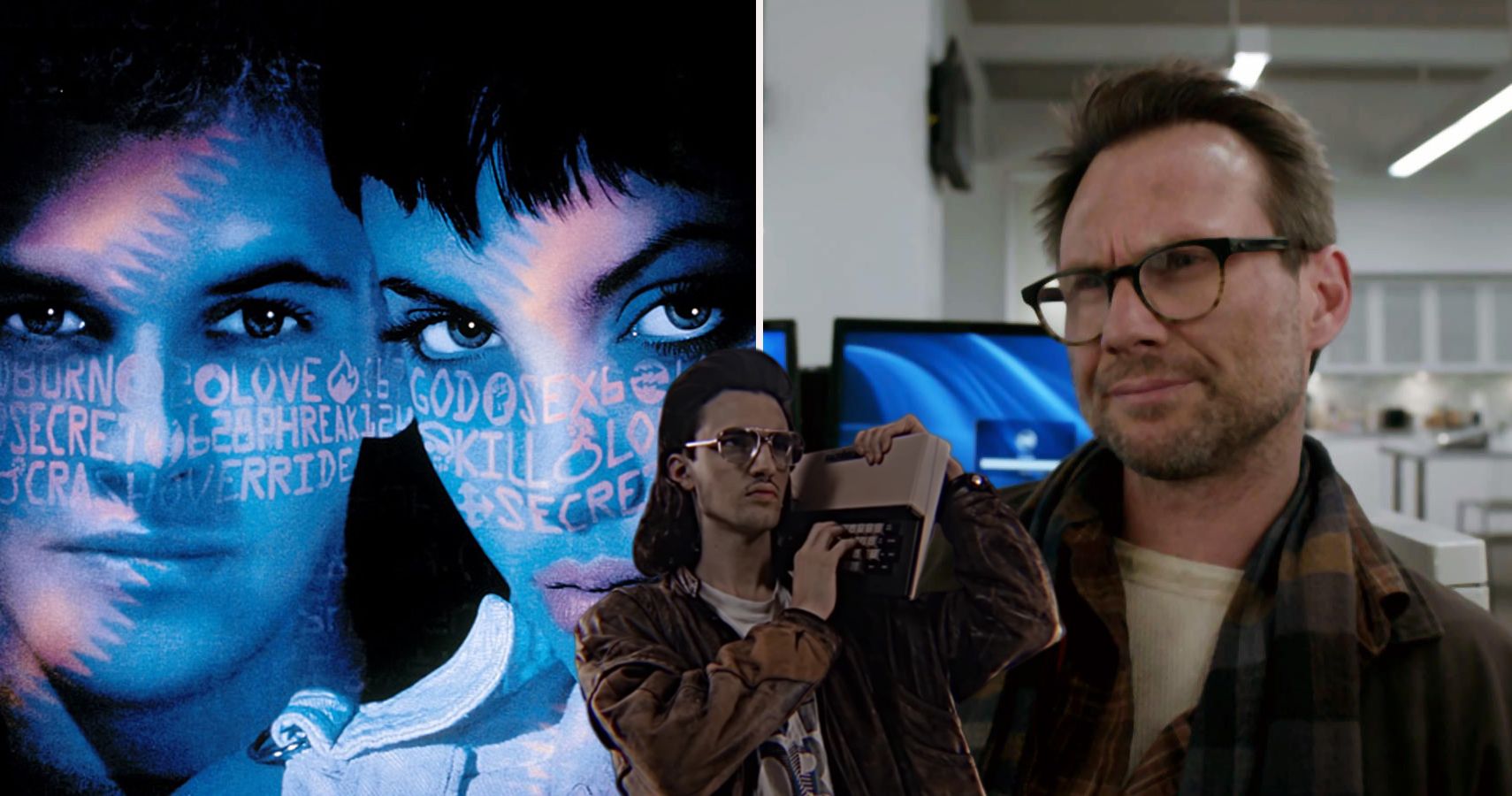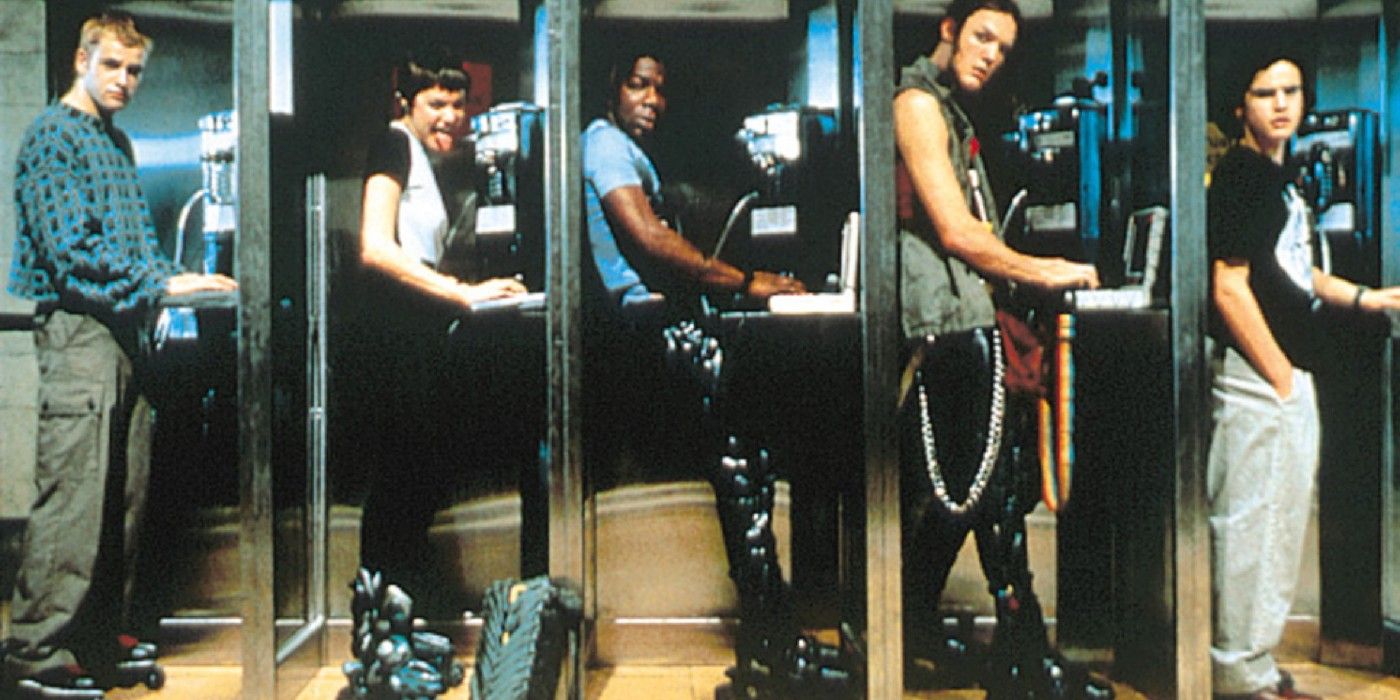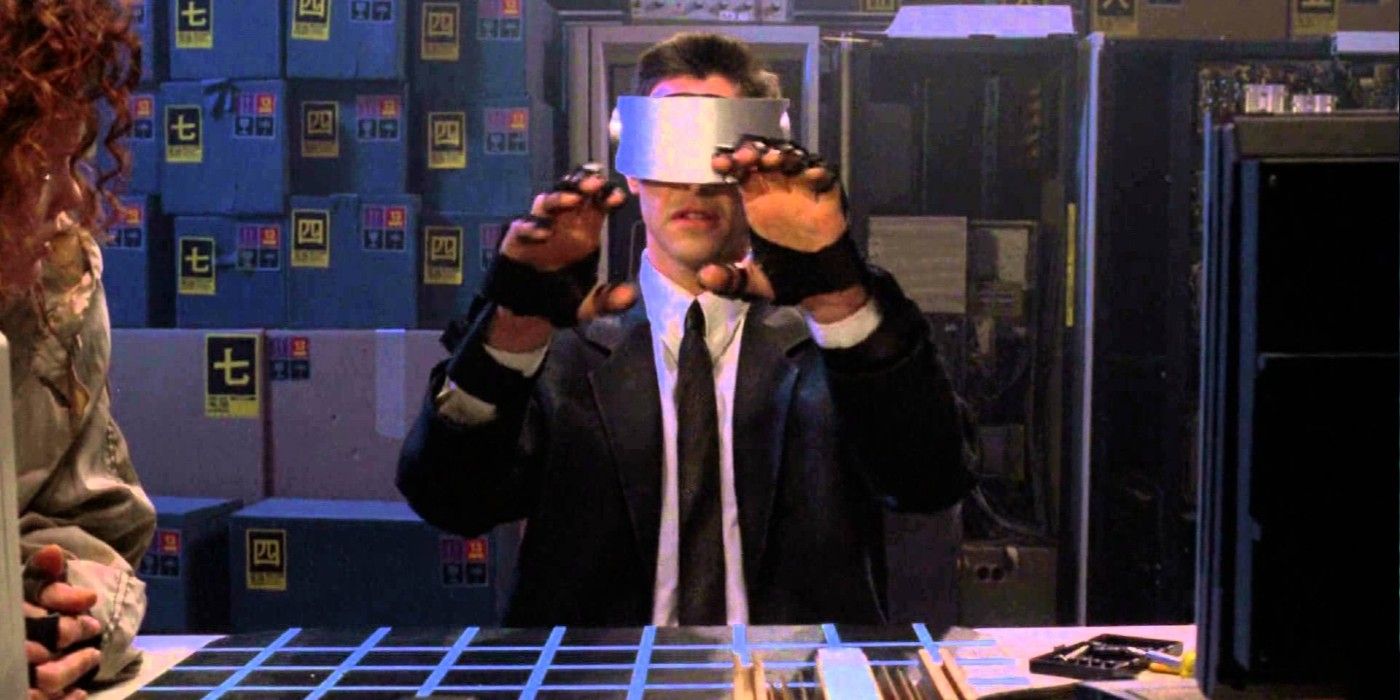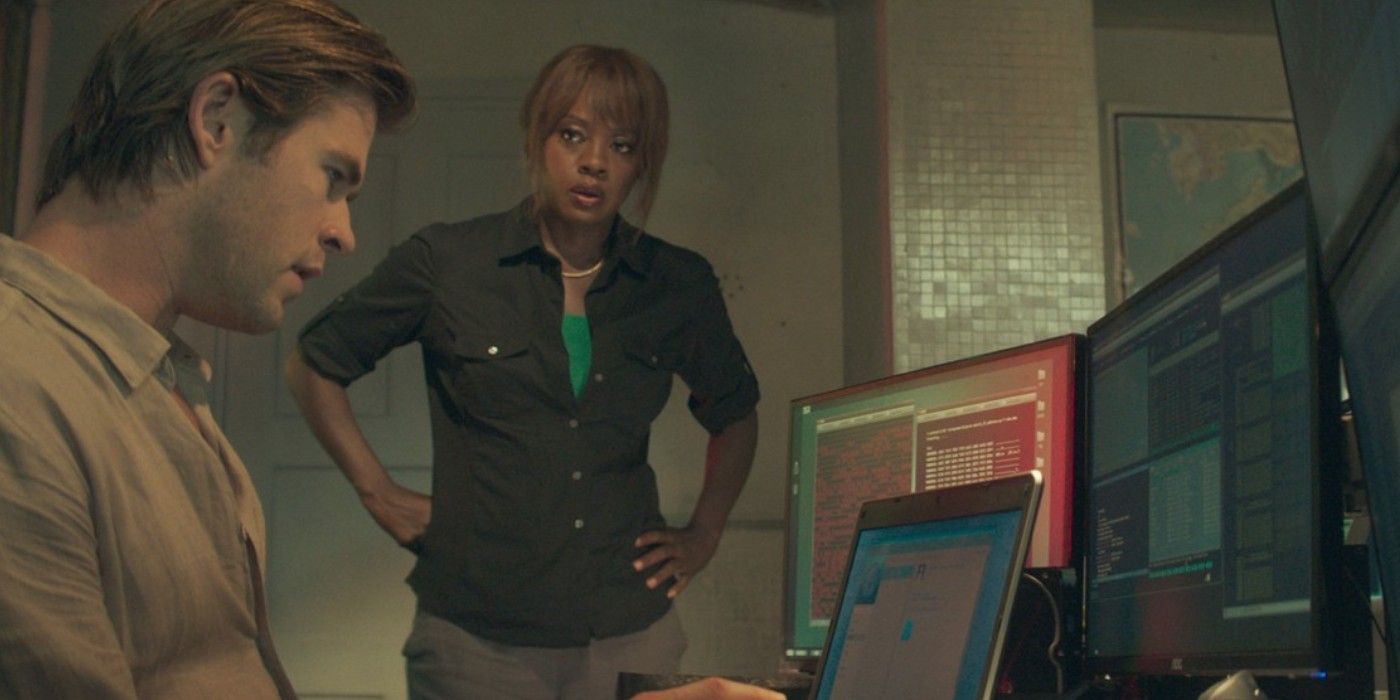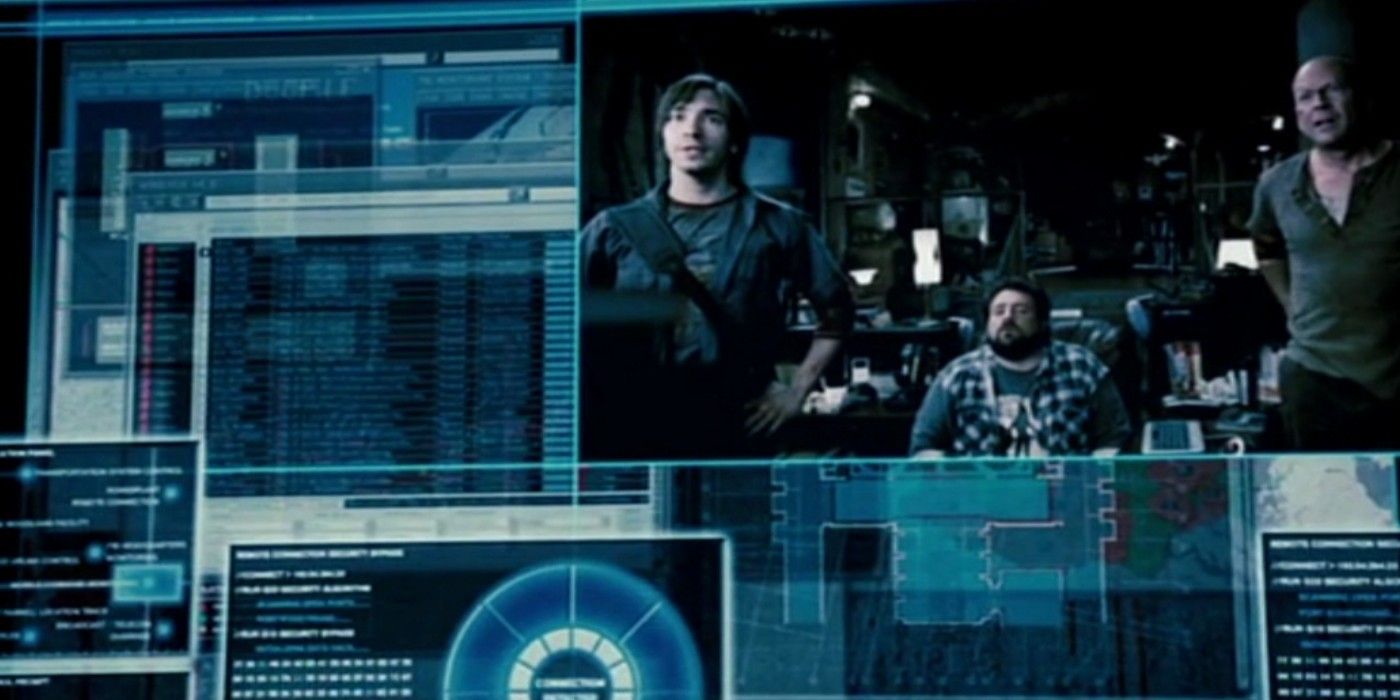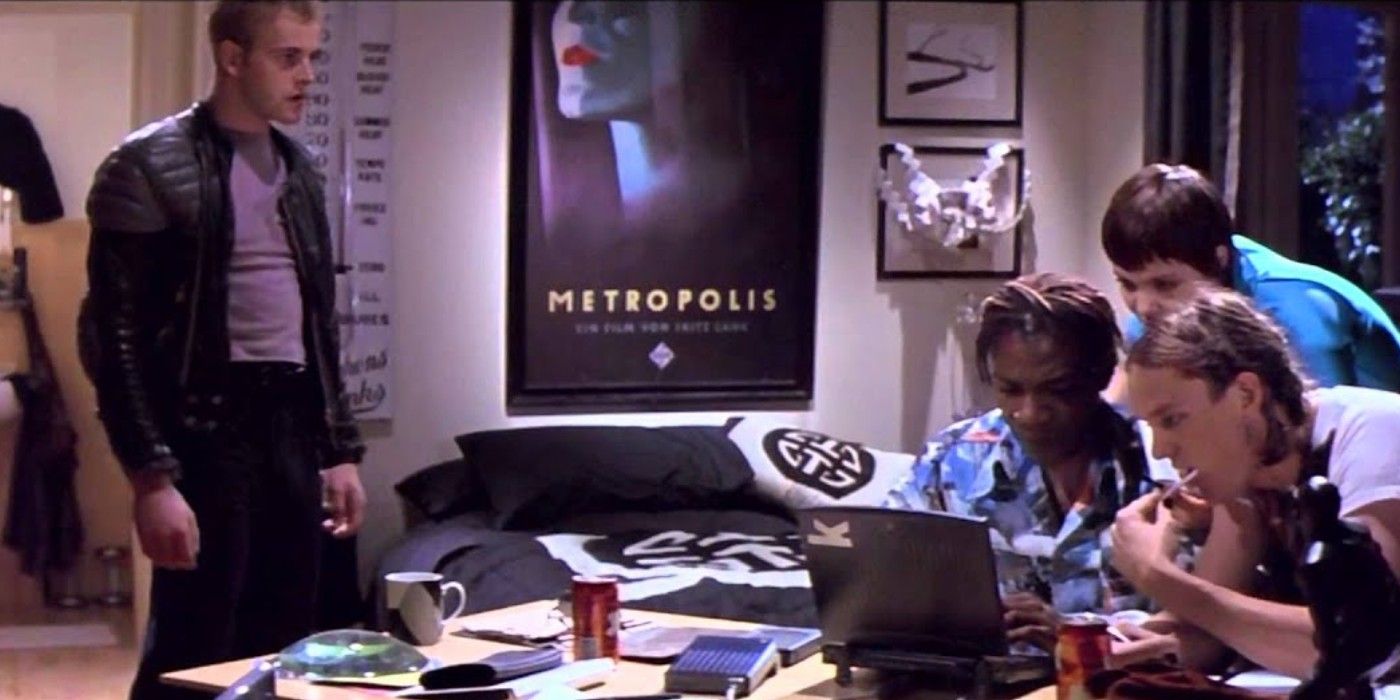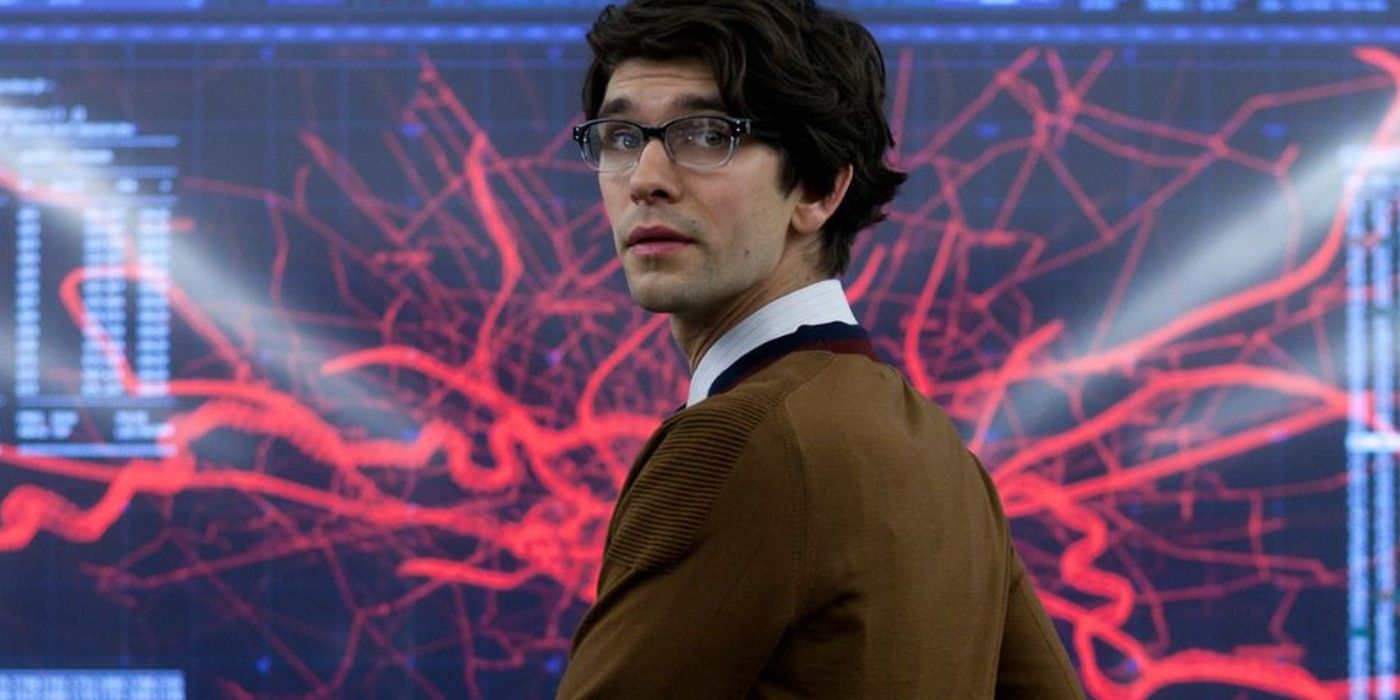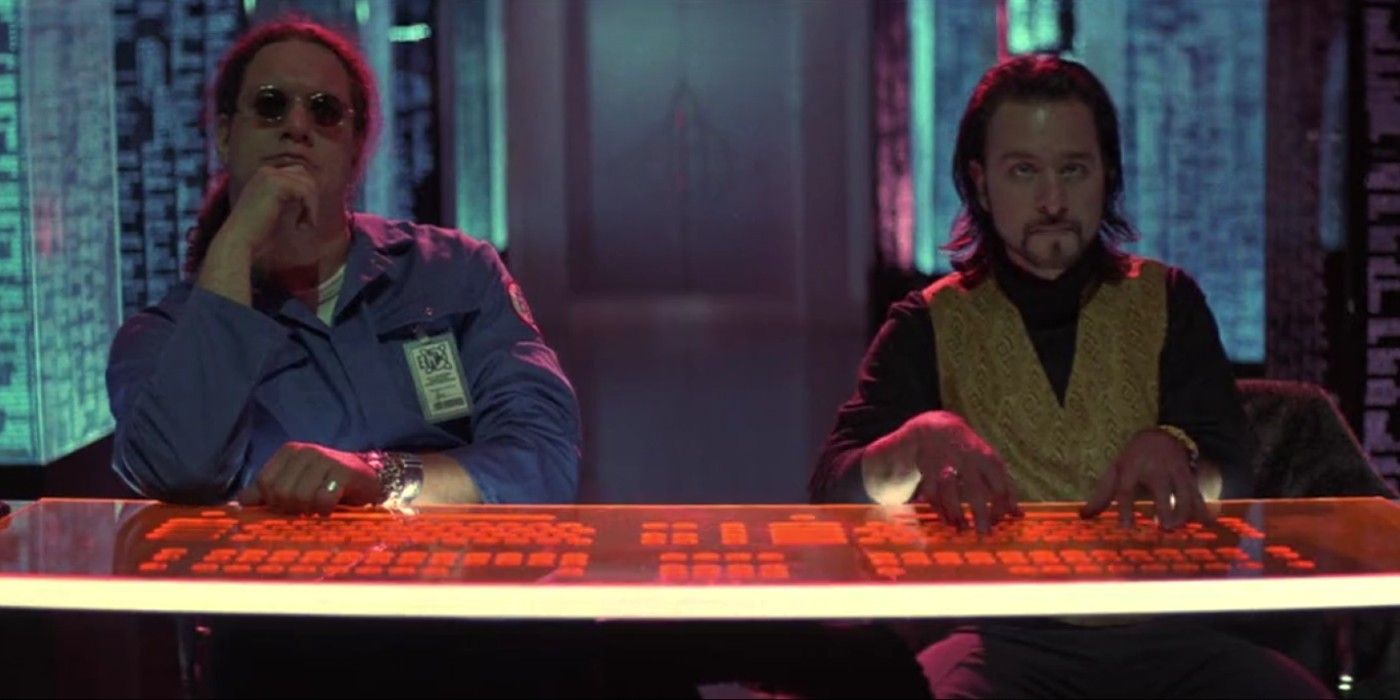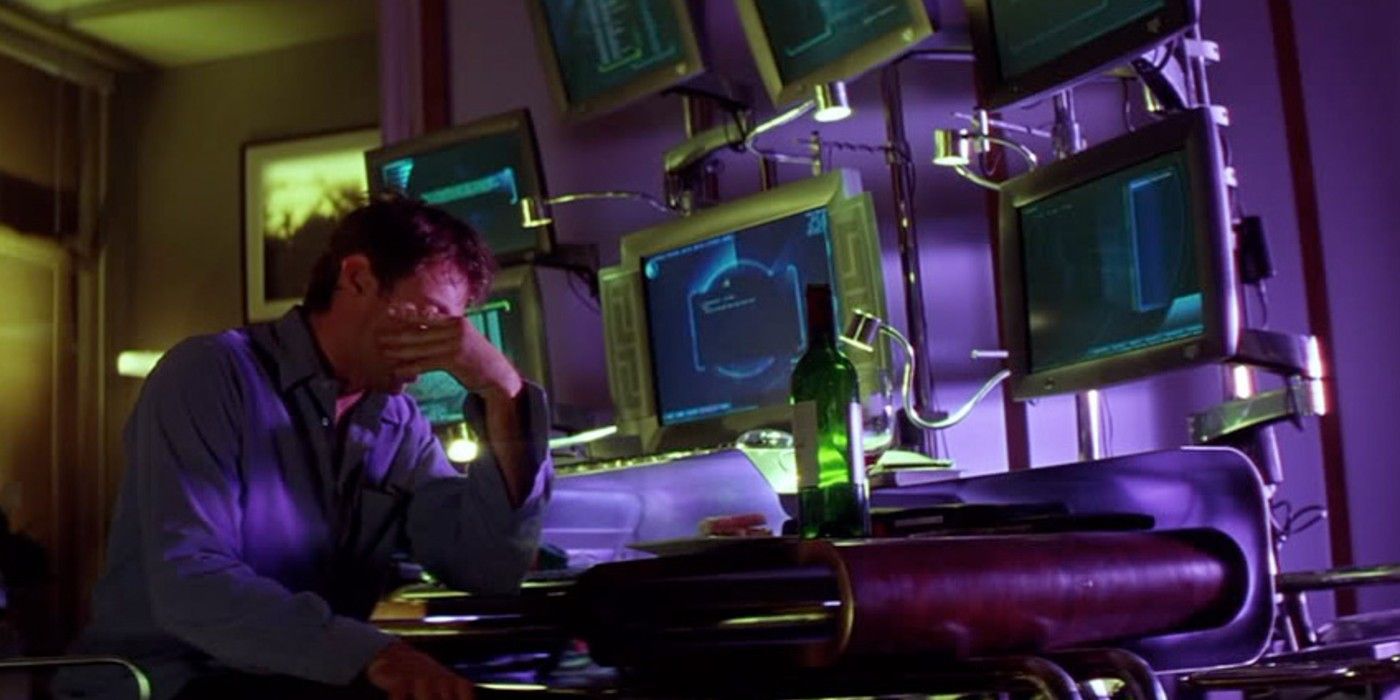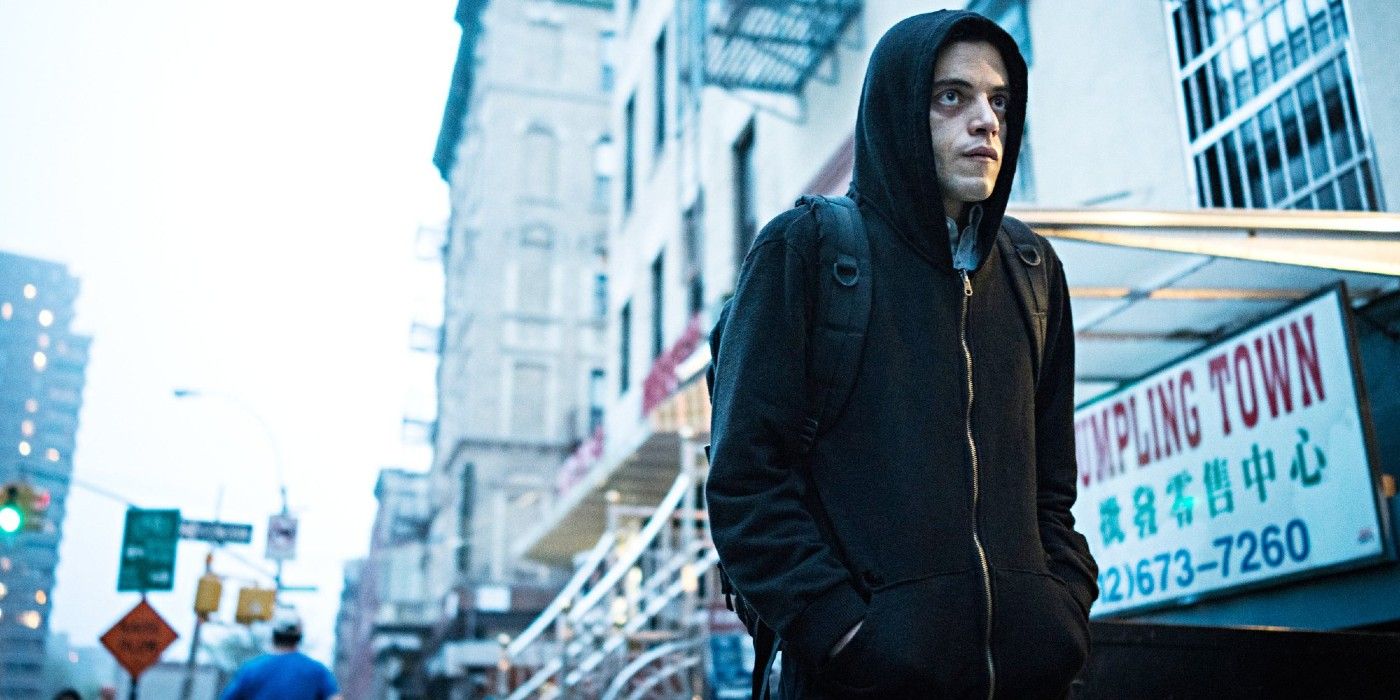Movies operate with a suspension of disbelief which allows audiences to overlook some unrealistic details, however, when it comes to hacking, it’s hard not to look away. Fictional hacking is so notoriously bad that it has become a punchline.
Hacking tends to be one of the least accurate aspects of moviemaking that leads to jokes among IT professionals, cybersecurity experts, and even mere hobbyists who are into coding. For those who know Hackerman from Kung Fury, you know what we're talking about. Here are 10 ways that hacking in movies and TV shows differs from real life.
Hacking Isn’t An Elite Club
Hackers in movies tend to be condescending loners, but who can blame them? Only these select few understand the secret language of coding, and those who go to them for help are not on their level. Maybe this was true when computers were only just becoming commonplace, but not anymore.
These days, hackers rely on networking and cooperation to stay ahead of the game. Additionally, anyone can be a hacker with the help of some YouTube tutorials and free time. The hacker subculture isn’t exactly a niche lifestyle anymore, but its ranks have definitely expanded.
Hackers Need Specific Hardware & Programs
Hackers in films are a dangerous bunch since they can basically use a calculator and wi-fi as a universal digital key. Thing is, hacking requires specific tools and programs for specific situations. Devices and software aren’t as interchangeable as movies suggest. Phishing could work on a laptop, but breaking into databases would need a server farm.
One of the most infamous instances of this can be seen in the movie Firewall when Harrison Ford uses his daughter’s mp3 player as a hard drive. While that is hardly impossible, the process isn’t as instantaneous as implied. Harrison Ford would need a few more add-ons and devices just for the mp3 player to read the stolen bank data.
Hackers Don’t Need Extravagant Hardware
A shorthand for showing that the hackers are serious is to show off their sweet hacking technology. For example, the cast of Hackers and Johnny Mnemonic's protagonist use virtual reality gear to literally surf the web; meanwhile, The Warlock in Live Free or Die Hard has the most decked out one-man network farm in his mom’s basement.
Unless these guys had to hack into a government’s database or the planet, such gigantic and overblown machinery isn’t necessary. Contrary to this trope’s implications, computers are only getting smaller. To be fair, these ideas are holdovers from a time when today’s internet and computer culture were only coming into being.
Hacking Is All About Reading Lines Of Code
A staple of movie hacking is the accompanying graphics that reflect how radical the hacker is. Onscreen computers have lots of quirky details, like laughing skulls, cartoon characters eating code, or ticking timebombs. Real-life hacking, however, is all about reading lines upon lines of code. The zany graphics are really just a hobby and, at worst, a distraction.
The most accurate visualizations are in Blackhat and Mr. Robot, where the hackers require multiple active programs on their monitors. Meanwhile, the likes of Jurassic Park (where the park’s security systems are visualized as a bunch of digital filing cabinets that have to be clicked to get “hacked”) or Hackers (where characters swam through cyberspace) are fantastical at best and comical at worst.
Hacking Isn’t Instantaneous Magic
According to Live Free or Die Hard, hackers are so dangerous that not only can they make your computer explode by sending a computer virus that detonates blocks of C4, but they can literally shut down the entire country. They do this by hacking into everything, including major news networks, banks, webcams, and traffic lights.
Hacking into public utility systems and networks isn’t unheard of and is frighteningly possible (for example, the Sony Pictures hack of 2014), but what Live Free or Die Hard and other movies like Swordfish get wrong is treating it like magic that can be done in a heartbeat and without apparent risk. Doing everything shown in these movies would take hours/days rather than seconds and more than just five keys pressed simultaneously.
Hacking Can Be Very Random
Movie hackers always know precisely what they’re looking for. With just a few lines of code and some stolen passwords, they can break through any digital defenses and take whatever top-secret intel they need.
Real-life hacking involves a lot of guessing and trial-and-error, which are often glossed over in films for the sake of pacing and entertainment. Hackers actually got this part right, where the titular hackers sift through garbage for paperwork with the right admin passwords to narrow their search. Contrary to the smooth and oftentimes badass cinematic hackers, actual hackers really just fumble around in digital mazes until they find that sweet spot that lets them in.
Hacking Isn’t Too Convoluted
Hacking schemes are always complex in movies. Live Free or Die Hard had its hackers nearly shut down all of America just to commit identity theft, while Skyfall had Silva break into MI6’s databases with a literal mutating web of codes. In contrast, real-life hacking can be a lot simpler.
The most effective hacks are usually the simplest ones that don’t attract attention, like spam email that phishes the victims’ account information. Ocean’s 8 showed this properly, where a dubious email was all it took for Nine Ball to gain remote webcam access. Complex hacks obviously exist but hacking or making cybersecurity with the maxim “security through obscurity” in mind is more counterproductive than anything.
Typing Really Fast Does Nothing
You know a hacking scene is intense when the hacker types at the speed of light while rad techno music starts blaring in the soundtrack. Most infamously, NCIS had Abby fight a hacking attack by getting McGee to help her type doubly fast. Since the two couldn’t stop the attack, the hackers must’ve had five people on their really big keyboard.
Actual hackers could (obviously) type fast, but they don’t need to hammer out 20 lines of code per second. Hacking is a meticulous and detailed job, where a single typo could derail the entire program. Typing at ludicrous speeds doesn’t just do nothing but it also increases the risks of making critical errors.
Hacking Is Really, Really Boring
Movies present hacking as the coolest and most cyberpunk job on Earth. Not only is it a profession exclusive to cyber rebels who stick it to The (digital) Man, but it’s a quick, adrenaline-pumping way to earn money – legally and otherwise. What movies don’t usually show is that hacking is actually made of up so much waiting and bumming around.
Hacking is very much like fishing. After the bait is deployed, the hacker has no choice but to wait for something to bite. Similarly, decrypting and/or encoding data can take even the most talented hacker with the most sophisticated programs a while to finish the job. Add in the tedious process of trial-and-error among other things, and you have the exact opposite of fun.
Hacking Isn’t Always A Crime
The most prevalent character trait of movie hackers is that they’re the outlaws of the digital age. Whether they’re rebellious anti-heroes, neutral profiteers, or cyber villains varies on a case-to-case basis, but the common consensus is that hacking is illegal. Believe it or not, this is no longer the case. Hacking is not always a crime.
The hacking community has expanded so much that they’ve split themselves into moral alignments. The malicious hackers, like those often seen in movies, are the Black Hats, while those that go out of their way to stop them are the White Hats, who cooperate with digital firms and the authorities. Grey Hats do what White Hats do but without permission, which either makes them vigilantes or wild cards. The world of hacking is, unsurprisingly, more complicated than it may seem.

